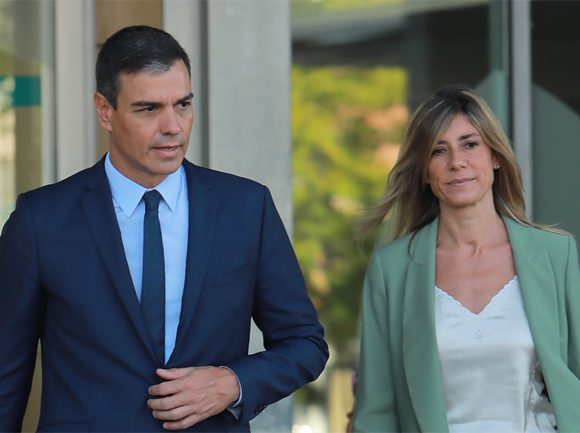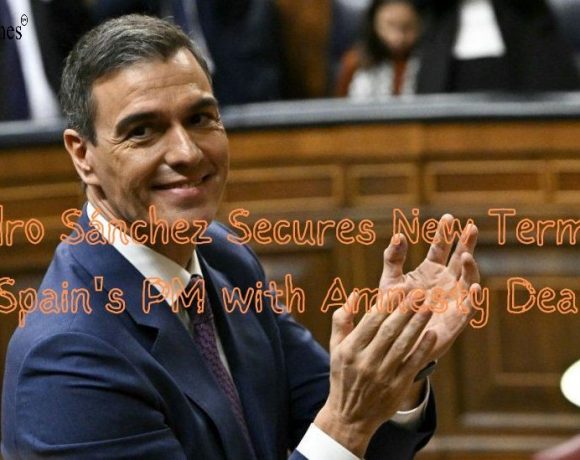
Spanish Prime Minister Pedro Sánchez has put his public duties on hold to contemplate whether he should continue leading the government. This decision comes after a court initiated a preliminary inquiry into allegations against his wife, Begoña Gómez. The allegations, raised by the anti-corruption group Manos Limpias, suggest influence peddling and corruption. However, these claims are based on online news articles, prompting doubts about their validity.
Sánchez expressed his intention to make a decision regarding his political future next Monday. He denounced what he perceives as a concerted effort to undermine him politically and personally, particularly targeting his wife. The specific accusations against Begoña Gómez relate to her connections with private companies that received government funds or contracts, including a sponsorship deal involving Globalia and a foundation she was involved with.
The situation is politically charged, with Sánchez’s coalition government relying on support from Catalan separatist parties. This support was secured in exchange for concessions such as an amnesty covering the banned Catalan referendum in 2017. The opposition, particularly the conservative Popular Party, has demanded explanations, but Sánchez maintains his belief in justice despite the mounting pressure.
The situation reflects a complex political landscape in Spain, with implications for both national and regional politics, including the upcoming European Parliament elections and Catalonia’s regional elections.

